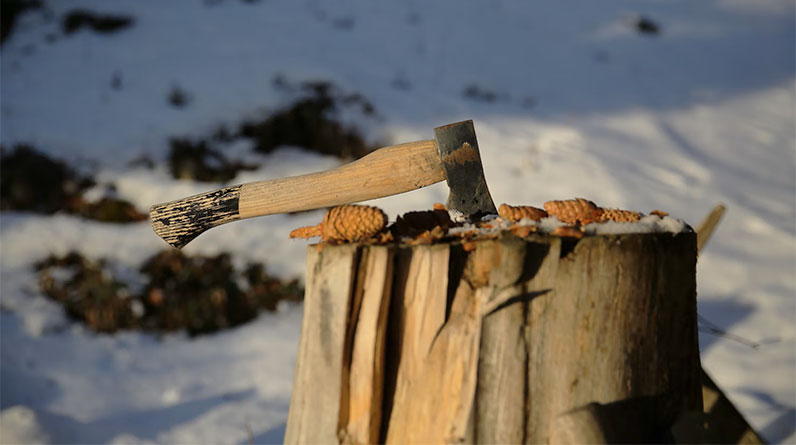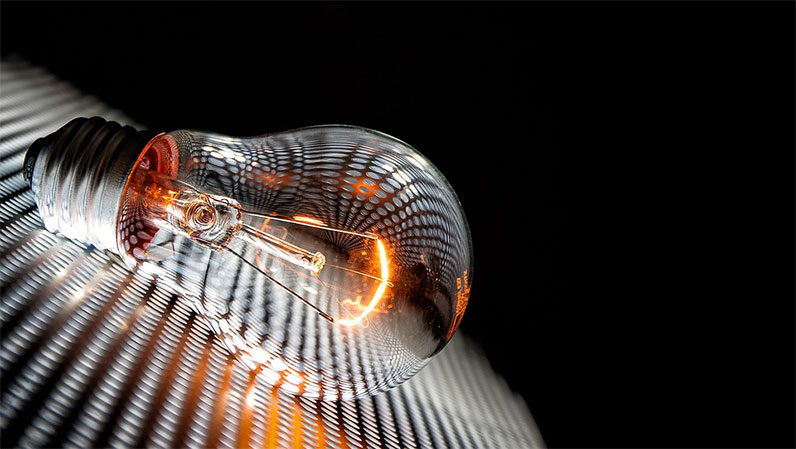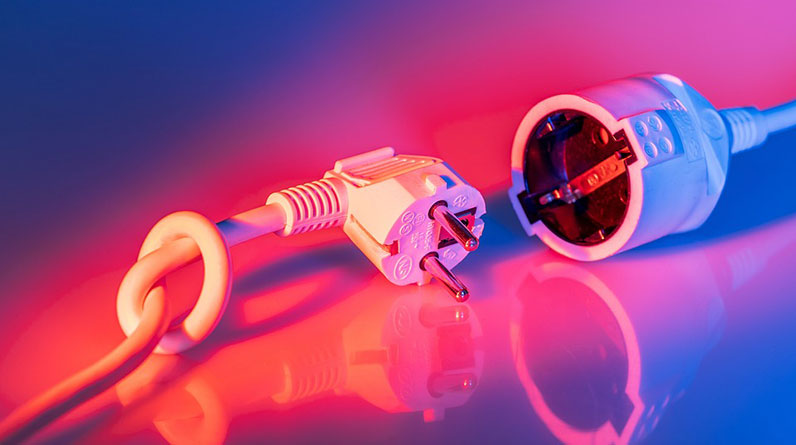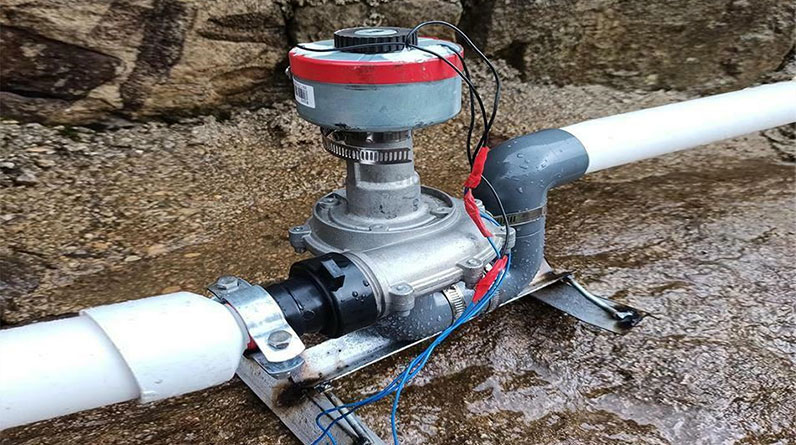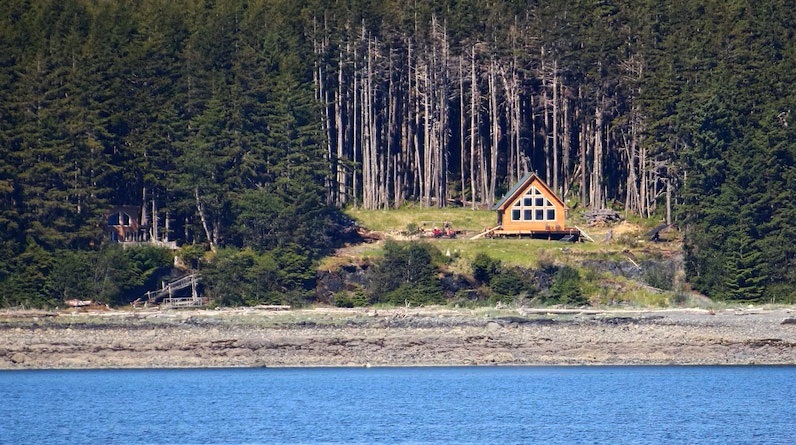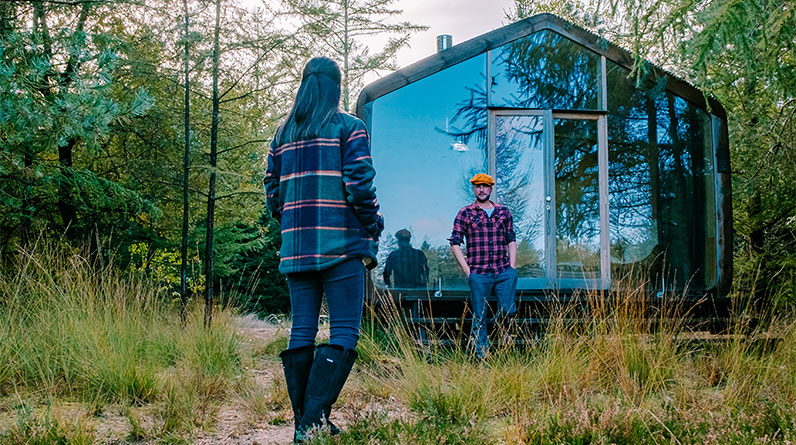
Off The Grid Living: Is It Right For You?
What comes to mind when you hear “off-grid”? Probably images of remote cabins in the mountains, a secluded cabin in the woods, a cave near a creek. You could also think of primitive camping in a forest or mountain area. You’re not too far off. Though “off-grid” in today’s world of environmentally friendly technology is not nearly as primitive as you might be thinking.
What exactly does “off-grid” mean? And is it possible for you to live this way?
Living off the grid is not as complicated as it sounds. Living off the grid is simply producing your own electricity and not relying on public utilities for power and resources.
You supply your home, your living space, with renewable energy instead of relying on external sources such as a generator or solar panels.
Self-Sufficiency
What’s the point of living off the grid? Why would anyone want to do this? Why would you want to do this?
Some people want to live off the grid because they want to be self-sufficient.
They don’t want to rely on their local government or utility companies for the things they need. They believe this level of dependence is not only expensive, it’s also a security risk.
Some want to live off the grid because they want to be environmentally friendly — living off the grid is one of the most effective ways to reduce your carbon footprint and protect the environment.
Others want to live off the grid because they simply want to get away from the hustle and bustle of daily life.
They want to be away from the endless traffic that comes with living in a large city. They also want to pursue a more simple life without all the craziness of daily life getting in the way of what’s really important to them – their families, their connection with nature, their spiritual life. Living off the grid can help you achieve all of these things and more.
How to Live Off the Grid
There are two main ways you can go about living off the grid:
-
The goal is to generate your own electricity using renewable resources. You can generate your own electricity using wind turbines, solar panels, hydroelectric turbines, and more. Many of these energy sources are free – meaning you can save thousands of dollars each year. You can also get your electricity from sustainable sources like biomass or geothermal energy. Or, you can use a combination of these sources if you want to be extra eco-friendly.
-
You can source your water from a sustainable source. The water that comes from public utilities may or may not be safe to drink, which is one reason you should find a sustainable water source. You can do this by finding a nearby stream or river and setting up your own purification system. And, you can dig a well on your property and tap into an aquifer which will give you a good source for clean water.
Advantages of Living Off The Grid
By living off the grid you don’t have to rely on anyone else to give you access to electricity. You are completely independent of the public grid. This means no one can shut off your power if you don’t pay your bill.
You will save money by using renewable energy sources like solar panels. You will save money by not paying your public utilities company for the electricity they provide.
You can even sell the excess energy that your home produces back to the public grid.
You can use the resources that are available to you locally to produce the goods and services that your family may need. This can help you become more self-sufficient and less dependent on outside goods that might not be as high in quality as you want them to be.
Disadvantages of Living Off The Grid
There are a few disadvantages to living off the grid. The first disadvantage is that you have to invest a lot of time and money into making your home ready to be off the grid.
You have to find the sources of energy you can use. And, you have to make sure that they are safe for you and your family, and safe for the environment.
The second disadvantage of living off the grid is that it may be illegal in many places. Unfortunately, you can’t just plug your home in wherever you want to. In a highly populated area it is expected that you will use the electrical grid of that area and if you don’t you can get in trouble with the law.
You could also get yourself into trouble if you try to sell the excess energy that your home produces back to the public grid without a permit.
Conclusion
It is true that living off the grid may not be an easy task for some, but it may not be so challenging for others. It is definitely worth it, as it will make you less dependent on the outside world. In addition, you will save money as well as reduce your carbon footprint.
If you want to live off the grid make sure you understand how to produce your own electricity. Review your options and select the equipment that works best for your situation and needs – solar panels, wind turbines, and hydroelectric turbines.


